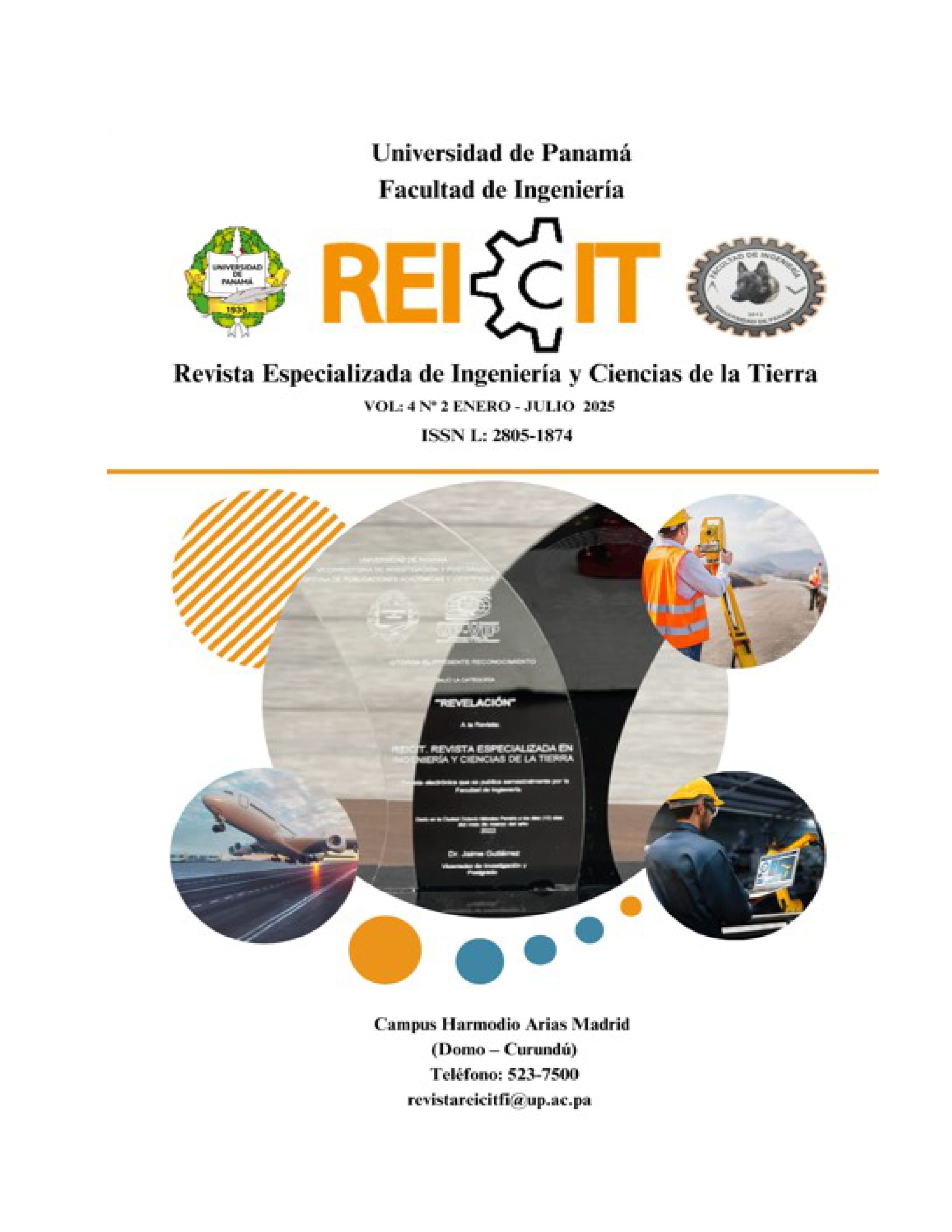

Copyright (c) 2025 REICIT

This work is licensed under a Creative Commons Attribution-NonCommercial-ShareAlike 4.0 International License.
The article analyzes the relationship between water quality and kidney health of inhabitants of coastal areas, highlighting how water pollution, mainly due to human activities, negatively affects individual and community health. It is emphasized that coastal populations are especially vulnerable to exposure to pollutants such as heavy metals, pesticides and high levels of salinity, which increases the risk of developing chronic kidney diseases.
This work highlights the consequences of prolonged consumption of contaminated water not only increases the prevalence of gastrointestinal diseases, but also the risk factors associated with kidney diseases, among which chronic kidney disease stands out, ailments that not only directly affect significantly the quality of life of those who suffer from it, but they also overload health systems. Given this situation, it is imperative to implement public policies that regulate pollution, improve sanitation infrastructure and promote environmental education in these communities.
Finally, the article concludes that it is crucial to adopt a collaborative approach involving governments, non-governmental organizations and affected communities to ensure sustainable access to safe drinking water and thus protect the kidney health of inhabitants of coastal areas.